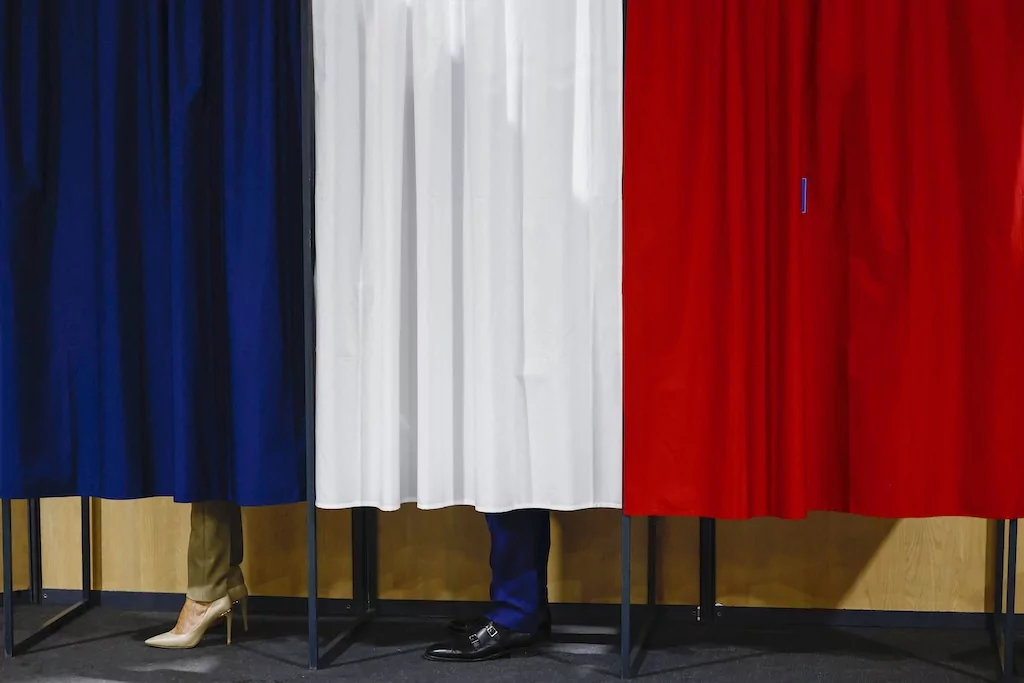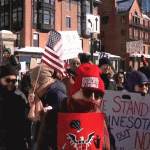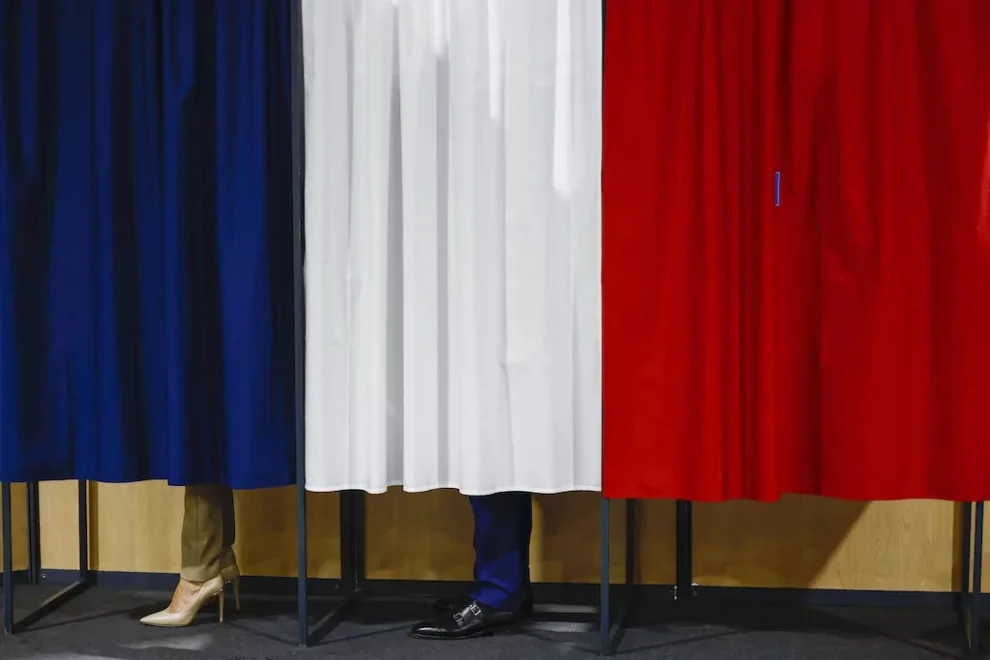Voters in France will head to the polls for a second round of voting to determine the course of the country’s future — or at least the makeup of its National Assembly.
The hard right in the country saw victories in the first round of voting, after a dominant victory in European Parliament elections in the country last month, but recent actions from some coalitions are seeking to stop the National Rally’s momentum. Here is what to know about the high stakes election in France that could move the country rightward politically — days after a pivotal election in the United Kingdom moved the country to the left.
When is the election?
The first round of the French parliamentary elections was held on June 30, with the second — and final — round being held on Sunday, July 7.
The snap election was called by French President Emmanuel Macron shortly after the hard right won the most seats in France’s European Parliament elections at the beginning of June. Macron’s reasoning for calling the election was that he believed the French public would reject the hard right, but his attempt to stymie the National Rally’s momentum could backfire spectacularly weeks ahead of the Olympic Games in Paris — when the world will turn its attention to the country.
What is at stake?
The members of parliament are elected to five-year terms, meaning the results of the election will decide the makeup for France’s legislative chamber for potentially the next five years. Snap elections, like the one occurring this year, may be called — but the makeup of the parliament voted in will hold for at least one year due restrictions on how often snap elections may be called.

If the French public rejects Macron’s centrist platform in favor the hard right National Rally again, it would be another bruising defeat for the man who was elected to a second term as president two years ago. The size of the victory for the winning coalition will also determine what direction the country’s legislature takes for the near future.
What happened in the first round of voting?
In the first round of voting, the National Rally won the most votes with roughly 33.2% of the vote total, followed by the hard left New Popular Front with roughly 27.9%, and Macron’s centrist Ensemble with roughly 20.7%.
Of the 577 seats in the National Assembly up for election, only 76 seats were filled via a candidate winning outright in the first round of voting. The National Rally won 39 seats, the New Popular Front won 32 seats, while Ensemble only won two, among those 76 seats.
For the remaining seats there will be either a two-way runoff, or a runoff with the top two candidates in the first round along with those who received more than 12.5% in the first round. In runoffs where there are more than two candidates, the hard right candidates are expected to see a boost.
What is expected to happen?
Pollsters are projecting that the National Rally will win the most seats after Sunday’s election, but that they will fall short of the 289 needed for a majority in the chamber.
In response to the hard right’s strong showing in the first round, several third place hard-left and centrist candidates withdrew from the second round in a bid to hurt National Rally’s chances of winning an outright majority.
CLICK HERE TO READ MORE FROM THE WASHINGTON EXAMINER
More than 200 candidates have dropped out as part of the plan to block the hard right.
Results from the French elections are expected to be known by end of day Sunday, and could be the latest instance of a right-wing party rising into power in Europe in recent years.
























